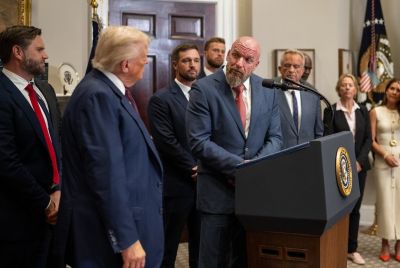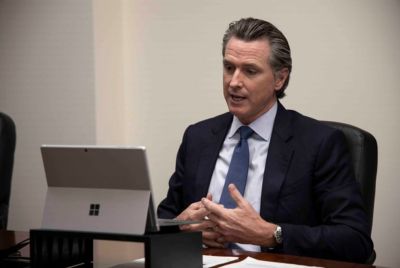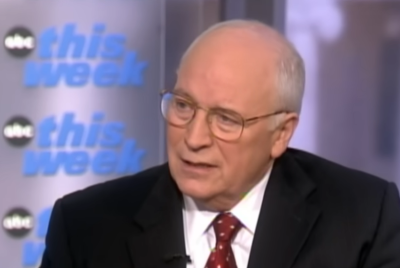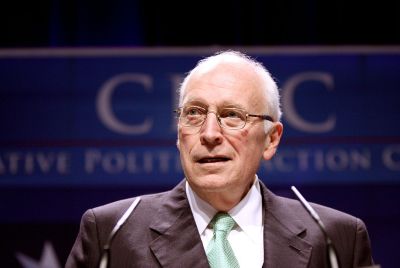Spotlight on China: What if Beijing-style Child Restrictions Happened Here? [BLOG]
China's one-child directive has curbed population growth but brought prolonged human rights controversy
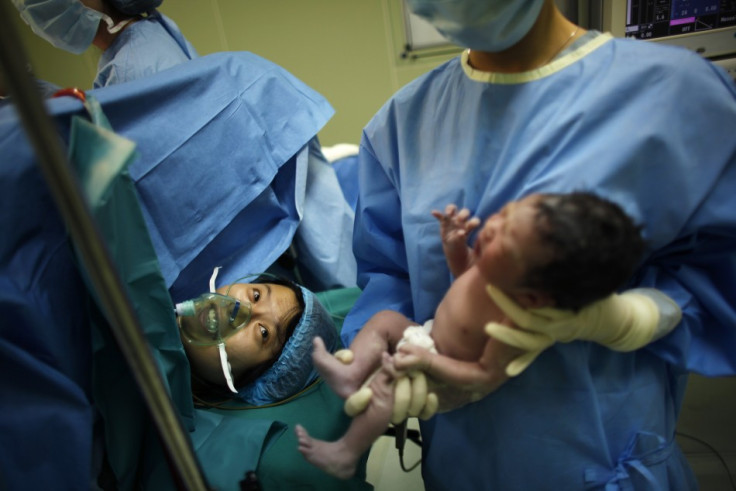
China's one-child policy has been in place for 34 years. Although it applies only to urban couples, it encompasses nearly 40 percent of the population and has become an integral feature of city life.
Since its implementation, the country has curbed its population growth, as was intended. But while the policy has prevented overpopulation, it has been widely criticised and a number of problems have emerged.
The preference for sons has led to an unequal balance of men and women. Scientists estimate that by 2020, there could be as many as 40 million more males than females. Another problem lies in the country's ageing population; only children now have to care for two parents and four grandparents on their own and economists believe this shrinking pool of young people will not be able to indefinitely support their elders.
Human rights groups say the one-child policy violates people's rights and there have also been many reports of women having forced abortions. Earlier this year, there was widespread outcry when a picture of a baby that had been forcibly aborted at seven months was published on the internet.
Hundreds of thousands of children in China are abandoned every year and it is thought that there are 100,000 orphanages across the country.
Benefit cap
So what if child number restrictions were introduced in the UK? Some observers harbour concerns that Britain could follow China's lead on parenting limits - albeit for vastly different reasons. Their concerns follow recent suggestions by George Osborne and Iain Duncan Smith to limit the number of children for whom jobless families can claim benefits.
Writing in the Daily Mail, the chancellor and the work and pensions secretary said: "Is it right that people in work have to consider the full financial costs of having another child while those who are out of work don't?"
On 25 October, Duncan Smith said he would like to set a welfare cap at two children. He told BBC Radio 4: "People who are having support from welfare are often freed from that decision. Can there not be a limit - that you need to cut your cloth in accordance with what capabilities and finances you have?"
Such a controversial debate has deep roots. In 2010, health secretary Jeremy Hunt made similar comments about how much people living on benefits should receive for the children they may have.
He said: "The number of children you have is a choice and what we're saying is that if people are living on benefits, then they make choices but they also have to have responsibility for those choices.
"You can have children but if you are going to ask for support that is more than the average wage that people earn, then we're saying no, the state shouldn't support that. That's not fair on working people who have to pay the taxes to pay those benefits."
But could limiting how many children are subsidised in a jobless family in Britain result in similar problems to those witnessed in China?
There, wealthy people who can afford to pay the fine imposed for having a second baby often do not want bigger families anyway.
"Better educated and relatively better-off city people are producing fewer children, compared with farmers, peasants, or relatively poor people in the country.
"In big cities like Beijing and Shanghai, the birth rate is very low.
"However, the poor often prefer to have more children, especially boys, even though they cannot afford the fine, because they still believe that the bigger family will be better off in the long run [a belief] based on their agricultural background - more children, more labourers."
The China Development Research Foundation has urged the government to consider phasing out the one-child policy because of the demographic imbalance. The organisation says every family should be allowed two children, and that the law should be changed by 2015.
According to Xinhua News Agency, the thinktank's report said: "China has paid a huge political and social cost for the policy, as it has resulted in social conflict, high administrative costs and led indirectly to a long-term gender imbalance at birth."
Here, Tim Nichols, press and parliamentary officer at Child Poverty Action Group (CPAG), said there was nothing to say that limiting child numbers for benefit claimants would stop the jobless from having more kids.
Welfare chaos
"If such a policy went through then there would be a lot of families that simply would not have enough money to meet the fundamental needs of their children," he said.
"Whether or not it's intended to encourage people to decide not to have children, we don't know if it would be effective, compared to better investment in family planning or investment in young people to provide better life opportunities than they have at the moment. For example, bringing back job guarantees for young people.
"Even if the intention was to do something to stop people having children in situations where they would be very heavily reliant on state subsidy for their health or income, there is no evidence whatsoever that this would be a good way of doing that.
"The real unfairness is that there are now millions of jobs that no longer pay a living wage sufficient to support a family."
Alison Garnham, chief executive of CPAG, said Osborne and Duncan Smith's proposals were "abhorrent".
"The chancellor is saying that some children will be marked out from birth as second-class citizens with their lives worth less than others," she said.
"The chancellor is utterly wrong to claim that families out of work are better off having more children. If a family without work has another child, the shortfall relative to a family's minimum need increases and parents must make even more sacrifices to meet their children's needs."
Liam Byrne, shadow work and pensions secretary, said: "Iain Duncan Smith is destroying Beveridge not renewing Beveridge. We were promised a welfare revolution and all we've got is welfare chaos."
Vince Cable said the Liberal Democrats were against the benefits cap. "We made it very clear we will not go along with welfare cuts which are unfair," he stressed.
Fiona Weir, chief executive of Gingerbread, a charity for single parents, said: "The reality is that many parents will find themselves cycling in and out of work as stable, well-paid jobs are difficult to come by. Families cannot be expected to predict the future state of the economy and adjust their family size accordingly."
© Copyright IBTimes 2025. All rights reserved.





